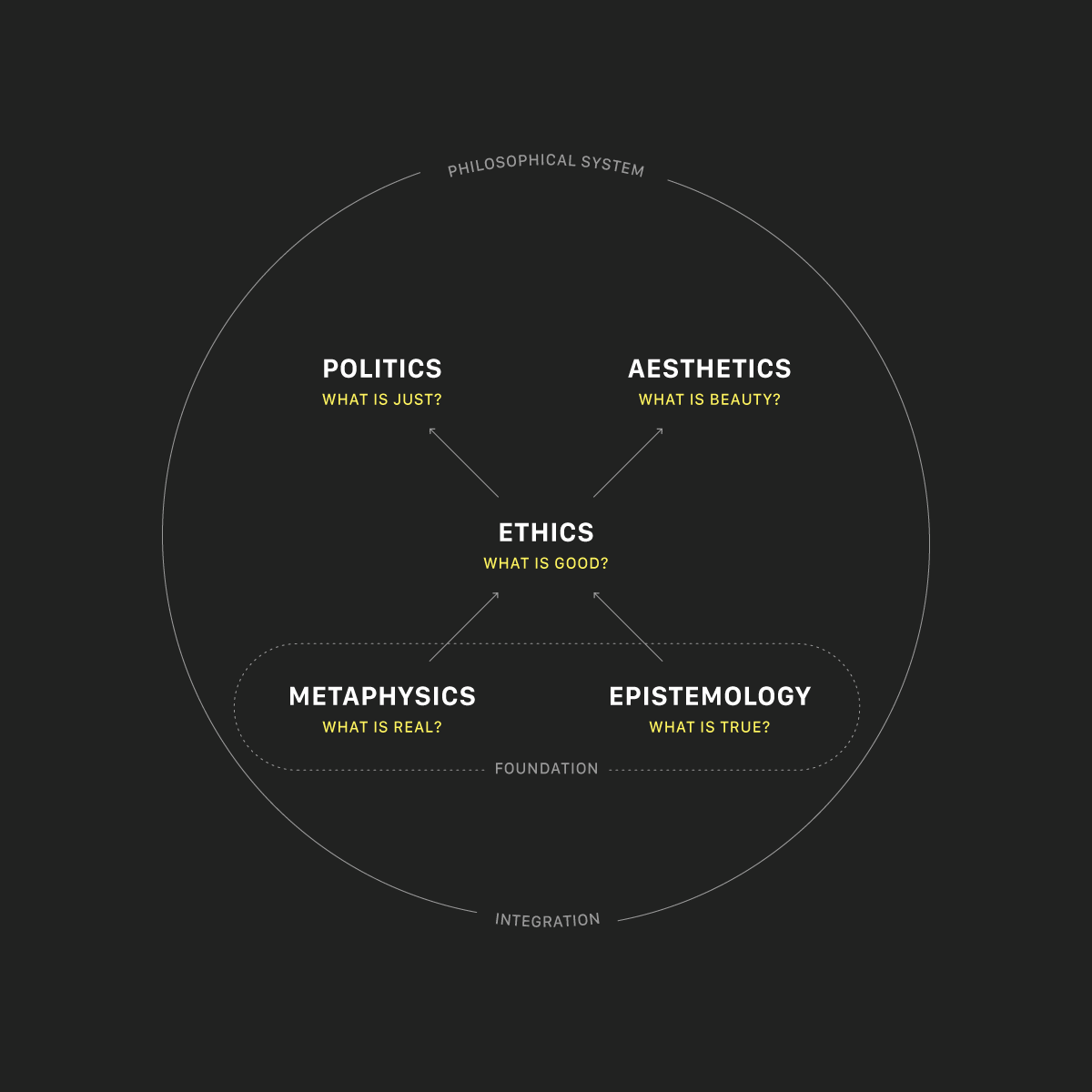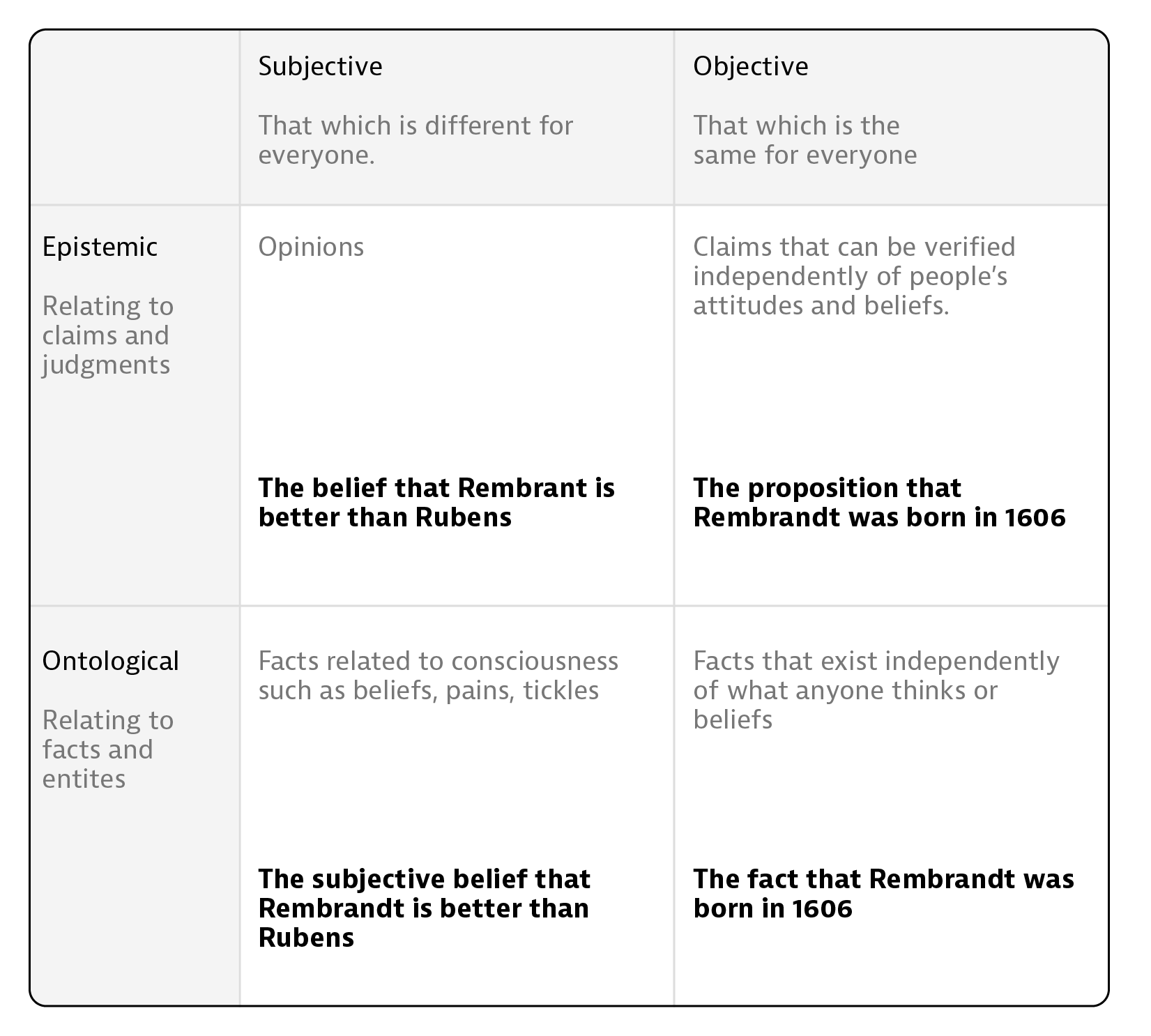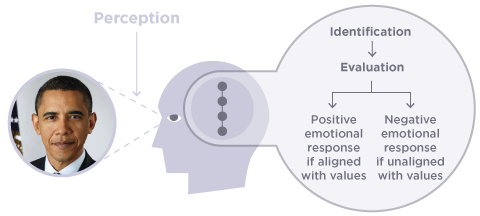In this post I want to give reasons for believing in God. This post is prompted by comments from my friend Bennion in a previous post. I will first provide reasons for believing in God that I do not accept. Then I will give some reasons why I do believe in God.
Reasons for believing in God that I do not accept
1. I do not believe in God as a matter of some scientific hypothesis. Some atheists ask for evidence for the "God Hypothesis". I don't like that phrase because it implies that the believer is supposed to make some scientific claim about why there is a God. I don't believe that one comes to know God by looking around and finding gaps in our scientific knowledge, and then invoking God as an explanation for those gaps. That is not the right way to think about reasons for believing in God. I think the right way to think about knowing God is to think about how one knows that they love their spouse. I don't have a "Wife Hypothesis" to explain why I experience my wife's existence.
2. I do not believe in intelligent design arguments for the existence of God. Although I believe that there is probably some intelligent influence in the process of evolution, I do not think that influence can be proven scientifically. There are some well thought out philosophical arguments that involve intelligent design, and I do not think they are all as bad as naturalists claim they are. However, I still do not find them convincing enough to count them as evidence for believing in God.
3. I do not believe in any of the traditional theistic philosophical arguments for God. For instance, I do not believe in the ontological argument or any cosmological argument for the existence of God. Concerning these arguments, one famous LDS philosopher, Truman Madsen, once said,
Many of you will encounter, if you haven't, traditional rational arguments for the existence of God. They are all of them afflicted with fallacies. They presuppose in the premises what they claim to demonstrate in the conclusion. And, further, they presuppose in their premises something about the very nature of God.
4. I do not believe that belief without evidence is an appropriate reason for believing in God. Atheists often claim that faith is just belief without evidence, or it is just a way to protect a weak hypothesis. I do not accept these mischaracterizations of faith. Faith is belief with evidence. As Orson Pratt, an early apostle of the LDS church said,
"Faith or belief is the result of evidence presented to the mind. Without evidence, the mind cannot have faith in anything...As evidence precedes faith, the latter should be weak or strong in proportion to the weakness or strength of the evidence … The weakness or strength of faith will, therefore, in all cases, be in proportion to the weakness or strength of the impressions, produced upon the mind by evidence."
Reasons for believing in God that I accept
I believe that there are several reasons for believing in God. I could tell many personal stories, but I will just give one story or example per reason.
1. I believe in God because of personal experiences There are several simple experiences that give me reason to believe that there is loving Heavenly Father looking out for me. One time my mother and I were driving home from Lake Tahoe and our van was stuck in the mud. I don't know exactly where we were, but I remember there were a lot of trees around. We were far away from help at a time when people did not have cell phones. We tried for a long time to get out of the mud by driving back and forth. Finally, we prayed for help, tried again, and immediately got out of the mud and travelled home safely.
2. I believe in God based on answers to prayer When I was around 18, I read the book of Mormon and prayed to know if it was true. I had an overwhelming powerful experience that confirmed to me that it was a true. I have had similar experiences, but that time it was particularly powerful and it has stayed with me throughout my life.
3. I believe in God because of revelation.There have been times in my life when I have received powerful insights similar to my experience when I prayed about the book of Mormon. What was unique about these experiences is that I wasn't praying or asking for the insights that I received. Due to the personal nature of some of these experiences (there are at least 2 that I remember clearly), I would rather not share the specific stories that relate to this reason. I will simply convey that I arrived at some conclusions about secular issues through spiritual means. Only after those experiences did I learn of secular evidence for those conclusions.
4. I believe in the testimony of witnesses I believe Joseph Smith's testimony that he did in fact see God and Jesus Christ. In Joseph's own words,
I had actually seen a light, and in the midst of that light I saw two Personages, and they did in reality speak to me...I had seen a vision; I knew it, and I knew that God knew it, and I could not deny it, neither dared I do it."I believe in the testimony of the living apostles and prophets that have a special witness of the living Christ.
5. I believe that the Book of Mormon provides evidence for Joseph Smith's story.The Book of Mormon is an incredible book. It is evidence that anyone can read and examine. It is available for anyone to scrutinize and many have tried. If one is sincere and open to truth, I believe they will be truly moved by its contents. I think that it is impossible that Joseph Smith could have made it all up.
6. Many other reasonsThere are dozens of other reasons for my belief in God including intuition, pragmatic considerations, logical consistency, and other personal experiences.
Concluding remarks
In most cases, people cannot choose their convictions. For example, if I offered to give you $1000 if you could believe that you were 20 feet tall, you would not be able to do it. When I examine my beliefs and convictions, I find that I do believe in God. The fact that we do not choose our convictions does not mean we can never change our beliefs over time. Nor does certainty imply incorrigibility. For example, I changed my mind about the theory of evolution after sincerely considering the evidence. I have documented that experience here.
In writing these reasons for believing in God, I know that I am opening myself up to scrutiny. I often consider the possibility that God does not exist and I am open to the possibility that I could be mistaken about my beliefs. Many skeptics will think that many of these arguments are easy targets and perhaps not even worth addressing. Since most of the books I read are written by atheists (that is just the nature of philosophy), I encounter many arguments against my belief in God. I consider those arguments carefully and sincerely. After examining and scrutinizing those arguments, I find intellectually and spiritually satisfying responses and I find that I still believe in a loving, personal Heavenly Father and the truthfulness of His gospel.
I want to end this post by recommending reading the testimony of one of my philosophy professors at BYU. You can find a link to her testimony here.



























